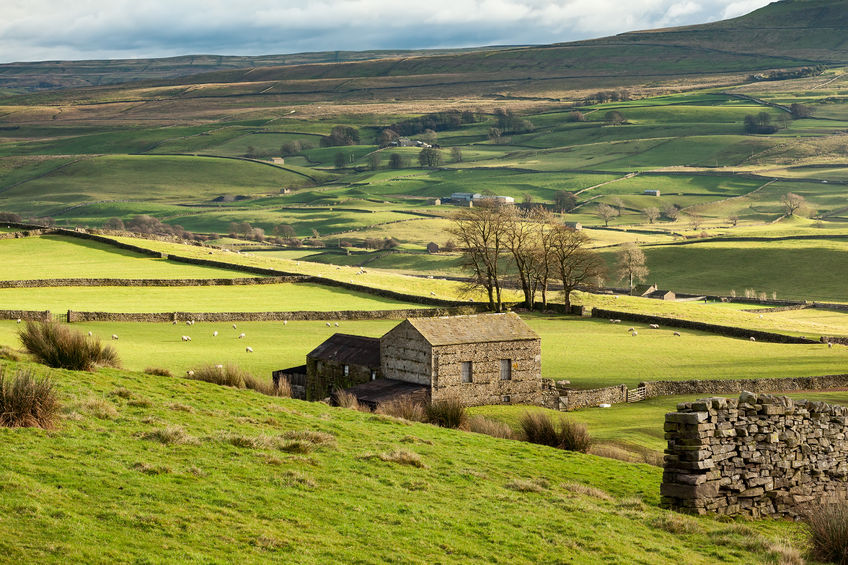
The growing importance of 'natural capital' has made some in the farming industry question how land could be valued in a way which prioritises sustainability and rewards the stewards.
The importance of ‘natural capital’ – land, soil, ecosystems, air and clean water – was highlighted in a recent presentation by Defra Secretary Michael Gove.
He acknowledged that the worth of the countryside goes beyond its economic return.
Farmers and landowners are now questioning how they can value land use in a way that prioritises sustainability and rewards the stewards.
The topic will be discussed in an Agri-Tech East Pollinator meeting on 24 January: “Counting the Cost, Value and Benefits of Natural Capital in Agriculture”.
Natural capital loss
Speaker Professor Paul Leinster is a member of the government’s Natural Capital Committee and Professor of Environmental Assessment at Cranfield University.
He comments the UK is losing natural capital year on year, with soil being one obvious example.
“But how do you incentivise management practices that provide a public good but little immediate financial return to the farmers?”
He gives the example of changing land management practices to reduce the risk of downstream floods.
“Water is of increasing concern and water company water resource management plans will be coming out for consultation soon,” Professor Leinster explained.
“In addition, if you were to pay land owners to accept flood waters on their land in certain circumstances then you can reduce downstream flood risks. But there needs to be a clear economic case to support this or some other way of valuing the benefit.
Prof Leinster added: “There is also a lot of work looking at the valuation of the benefits offered by different types of land use. For example, woodland may provide timber, act as a windbreak, trap particulate air pollution, or sequester carbon. It may also provide a space for recreation with associated health and wellbeing benefits.”
'Complex'
David Burton, Senior Advisor at Natural England, is also speaking at the event, and he agrees that measuring the benefits gained from nature is complex.
Natural England has been working with Agrimetrics to create the ‘Natural Capital Explorer’, a Proof of Concept dashboard which can bring together datasets on a variety of environmental and socio-economic variables and makes it easy to relate this graphically to a particular farm or landscape.
He comments: “Being able to agree a set of linked metrics, such as measures of water quality, soil health, habitat quality and access to green space for local people, would make it clearer how to assess and invest in natural capital and create a common language for describing ecosystem services.
“This is a pre-requisite for creating farm, estate and parish plans that share common objectives in a particular landscape.”
Soil fertility is often highlighted as a particular asset that is being degraded. Increasingly farmers are encouraged to feed the soil not the plant.
'Agroecology'
LEAF (Linking Environment And Farming) is an organisation that promotes a focus on ‘agroecology’, which is an approach to land management that balances production, sustainability and environmental goals.
Alice Midmer, the Integrated Farm Management (IFM) Manager for LEAF, is also speaking. She explains: “Agroecology is an approach to agriculture that by emphasising the application of ecological concepts and principles to the design and management of agricultural systems. It attempts to reconcile environmental, sustainability and production goals.
“Studies have shown that creating a better balance can reduce the use of inputs, creating benefits for the bottom line in the longer term.
“To encourage adoption it may be necessary to develop a system of certification to gain a premium for the products, or payments made for ecosystem services where farmers gain little financial return.”
Progressive farmers are already adopting agroecology approaches. Poul Hovesen, Estates Director for Salle Farms, will be discussing how their yields are consistently and substantially above the national average, demonstrating how precision farming balanced with respect for the environment can also be profitable.
